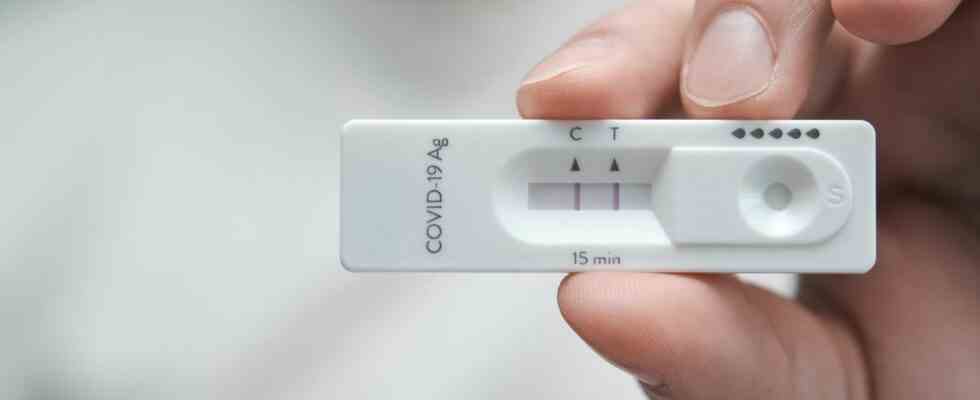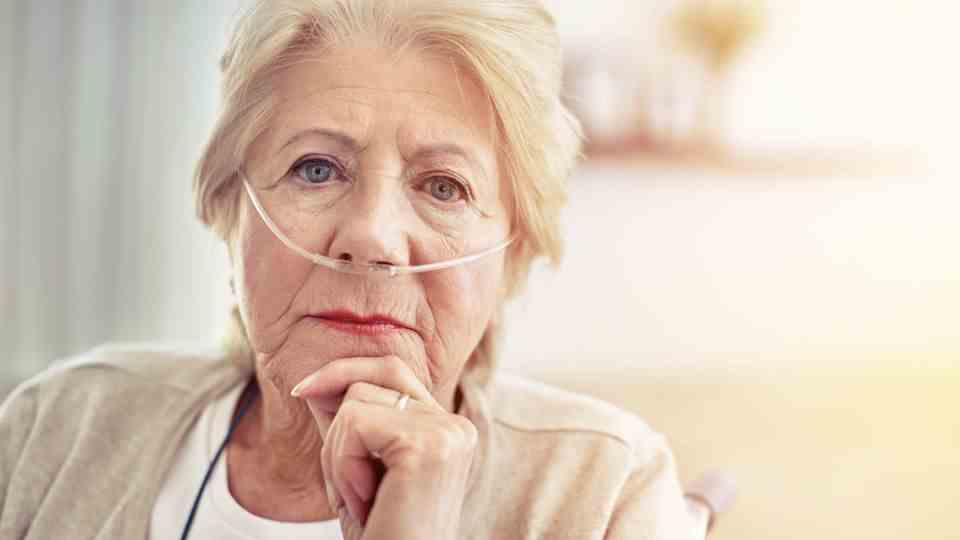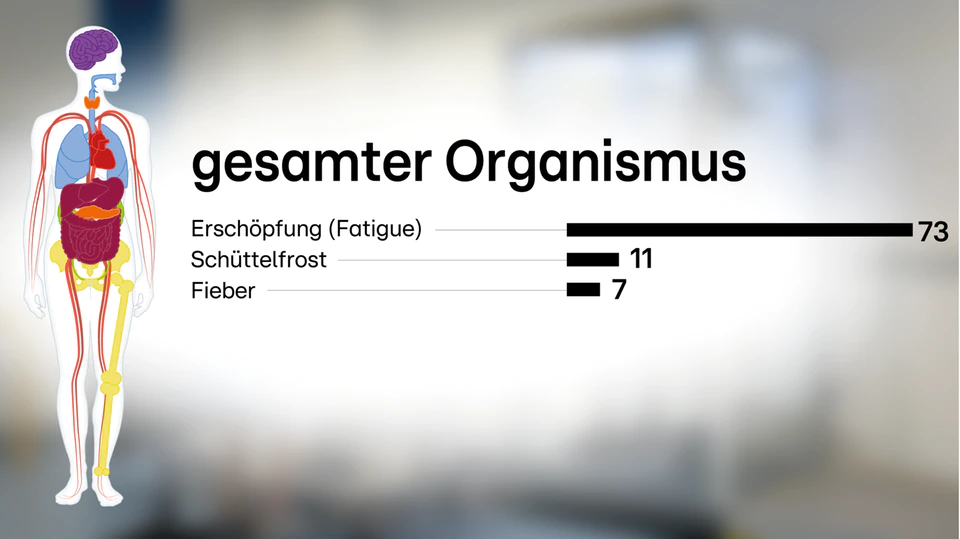Pandemic
Reinfection could increase risk of Long Covid
Some people have already had a Covid-19 infection two or three times.
© Ladanifer/Getty Images
The summer wave is in full swing – some people are infected with the corona virus again. How dangerous is that and what role do the new Omikron variants play?
The corona numbers in Germany are increasing significantly again. According to the Robert Koch Institute, the nationwide seven-day incidence is 702.4 (as of July 12, 2022) – the number of unreported cases is likely to be much higher. But one thing is certain: More people are getting infected with Sars-CoV-2 again – some for the second or third time. What role the new sub-variants BA.4 and BA.5 play in renewed infection, whether a so-called reinfection is milder and how multiple corona infections affect the risk of Long Covid.
Why can I get infected with Corona several times?
Whether you become infected again after surviving an illness with Sars-CoV-2 depends on several factors. For example, previous illnesses, age, corona vaccinations and your own immune status. In addition, scientists see a certain connection between renewed Covid-19 infection and the course of the disease. In the case of mild or asymptomatic courses of a corona infection, only a few antibodies are often formed or the antibody concentration decreases again very quickly, explained Prof. Martina Prelog, immunologist at the Würzburg University Hospital star. The omicron variants usually cause milder courses. Researchers from France looked at the reinfection rates of different Covid 19 waves in Marseille. With the Omicron variants BA.1 and BA.2, this reinfection rate has risen to 6.8 percent – in previous waves it was between 0.2 and 1.5 percent. It also plays a role that the coronavirus changes and mutations result in new variants. As a result, the variants differ so much that the body’s immune system cannot fight off the virus as quickly.
What is the role of the new omicron subtypes BA.4 and BA.5?
The omicron subvariants BA.4 and BA.5 are even more infectious than the previous variant BA.2. The insidious thing about the two subtypes is that they are better able to circumvent the immune protection offered by a vaccination or a previous corona infection than the previously dominant omicron variants. That means: With the new variants BA.4 and BA.5 you can get infected even faster than with the previous variants. In Australia, the health authority (AHPPC) assumes that reinfection rates from BA.4 and BA.5 will increase significantly. As a result, more infections, hospitalizations and deaths are expected “down under”. “Reinfections can occur as early as 28 days after recovery from a previous corona infection,” the AHPPC said in early July. So far, a new infection has only been counted after 12 weeks in Australia, but due to the increasing number of reinfections, the AHPPC recommends shortening this period. According to the Australian health authority, people who are corona positive again should be counted as new cases after just 28 days. But how exactly the two new virus variants will affect the reinfection rate needs to be examined more closely. Data on this are still missing.
Is reinfection milder?
Repeated infection with Covid-19 is usually milder in people with a healthy immune system. But that depends on the variant and the time of reinfection, said Martina Prelog.
Does a renewed corona infection increase the risk of Long Covid or Post Covid?
The first results of a preprint, which has not yet been examined by experts, indicate that the risk of organ damage or persistent symptoms is higher with reinfection than with the initial infection. According to the researchers, the risk of secondary diseases increased with each additional corona infection. According to the scientists, the risk of death doubled in the event of reinfection. Damage to the cardiovascular system and respiratory organs also increased. According to the study, the long-Covid risk also increases for vaccinated people in the event of reinfection. However, the results of the study are only a first indication. More research needs to be done on how reinfection affects long covid risk.
Sources: RKI, Study France, preprint,AHPPC




